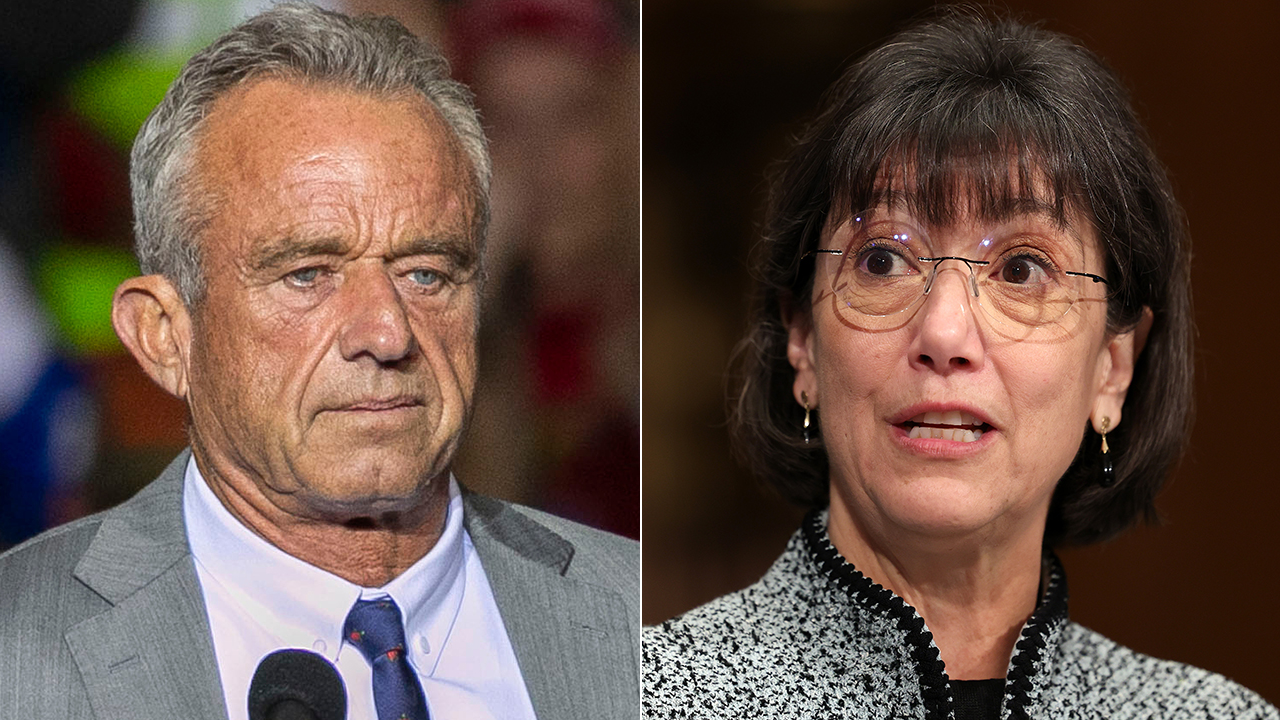NIH director, after Trump nominates RFK Jr. for HHS secretary, says discouraging vaccinations is ‘disturbing’

Discouraging Americans from being vaccinated is a concerning issue that could have severe consequences, according to a top U.S. health official. National Institutes of Health Director Monica Bertagnolli addressed lawmakers following concerns raised by Rep. Lois Frankel about the potential impact of discouraging vaccination under the leadership of Robert F. Kennedy, who has been nominated to lead the U.S. Department of Health and Human Services by President-elect Trump.
Bertagnolli emphasized the importance of vaccination in preventing infectious diseases, citing it as the single most significant factor in reducing the leading cause of death a century ago. She highlighted the tragic consequences of diseases like rubella on individuals, including congenital malformations that can occur when pregnant women are infected. The spread of infectious diseases can have far-reaching effects, not only on individuals but also on society as a whole.
The potential consequences of halting vaccination efforts would be dire, according to Bertagnolli. She warned that without widespread vaccination, there would be an increase in severe illness and death among children. The choice of Robert F. Kennedy Jr., a vocal skeptic of vaccines, to lead the HHS has raised concerns among lawmakers and health officials.
Rep. Robert Garcia has strongly criticized Kennedy’s nomination, calling it “insane” and warning that it could have devastating effects on public health infrastructure and vaccine distribution systems. Kennedy, who aligned with Trump during the campaign, has been a proponent of alternative views on vaccination, raising fears about the impact of his leadership on public health initiatives.
The debate over vaccination and public health policy continues to be a contentious issue, with strong opinions on both sides. As the incoming administration prepares to take office, the importance of evidence-based public health interventions is crucial in addressing the ongoing challenges posed by infectious diseases and other health threats.
It is essential to prioritize the health and well-being of the population by promoting vaccination and ensuring access to essential healthcare services. The appointment of key officials in the health sector must be carefully considered to safeguard public health and prevent the resurgence of preventable diseases. The collaboration between policymakers, healthcare professionals, and the public is vital in addressing the complex challenges facing the healthcare system and ensuring the safety and well-being of all individuals.




